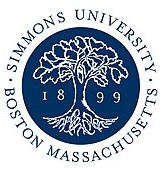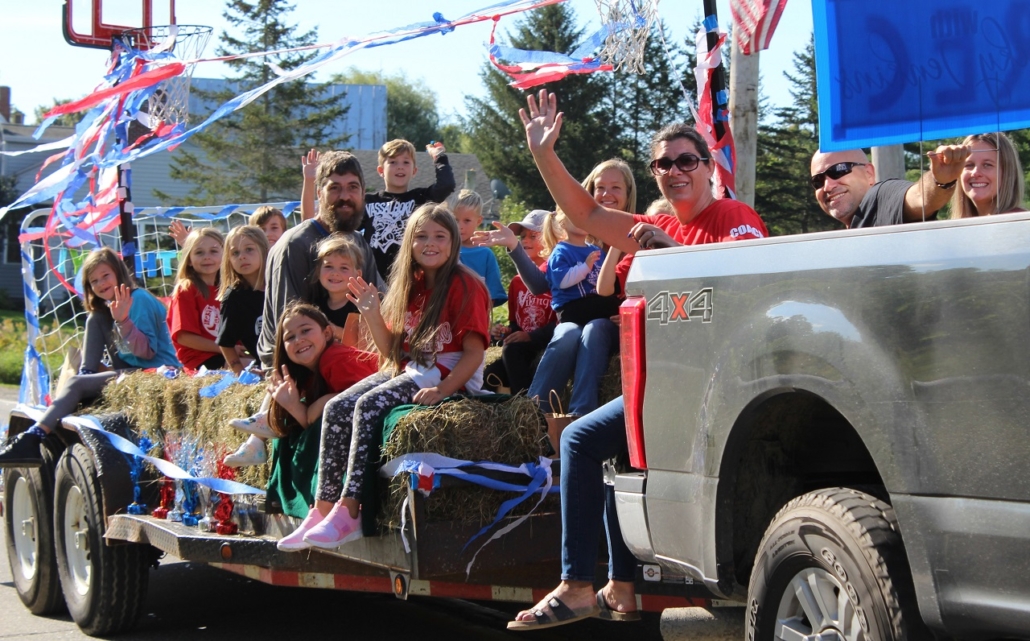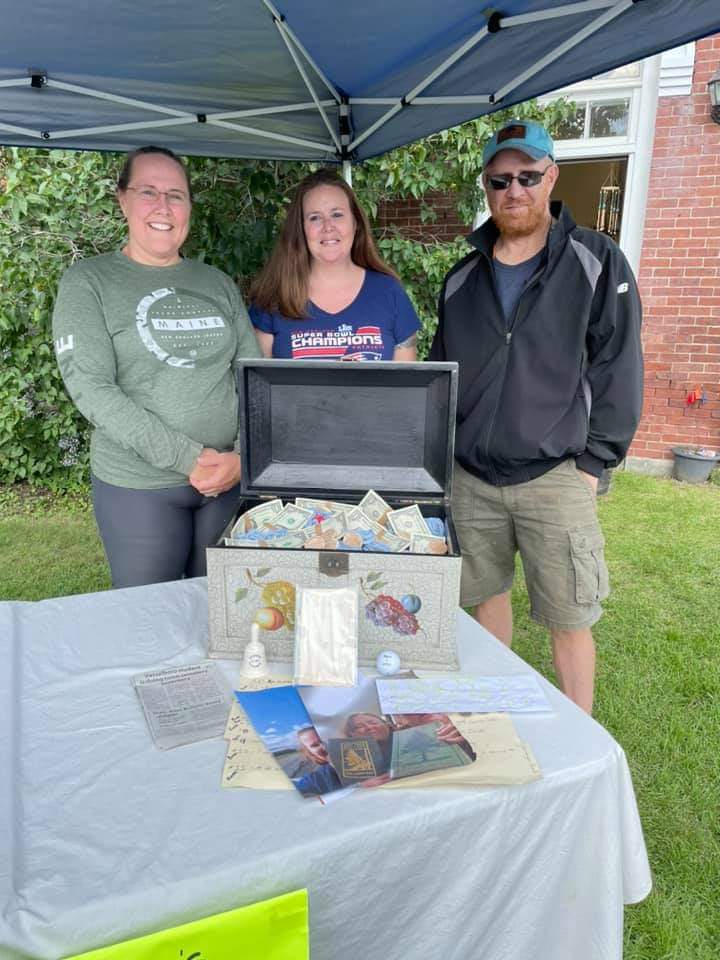At their Sept. 16 meeting, Vassalboro selectmen unanimously approved purchase of two new compactors for the town transfer station, concluding a years-long discussion of updating the facility.
Tom Maguire, head of Maguire Equipment Inc., of Readville, Massachusetts, reviewed his company’s proposals with selectmen, Town Manager Mary Sabins, Transfer Station Manager George Hamar and Public Works Director Eugene Field.
Selectmen plan to order two compactors immediately. One will be installed when available – Maguire estimates delivery within five or six weeks after he receives an order.
There will be a pause to repair the cement underneath the site of the second machine; then it will be installed, probably not until 2022. Maguire will store it until the town is ready for it.
Selectmen will also order two new large trash containers.
Board and staff members debated spreading the work over several years and decided to get it done in one blow. They discussed related work, like electrical changes and how extensive the concrete repairs are likely to be.
Their plan is to have the town public works crew do the concrete work. Field reminded them that his men might need to be plowing by November and will have spring road work.
If selectmen want them to make concrete work at the transfer station a priority, they will, of course, he said.
“You guys answer to the residents,” he reminded them.
Selectmen agreed it is time to make the transfer station upgrade a priority. They are satisfied that the approved additions and changes can be made within the $156,000 budgeted.
In other business, after hesitation, selectmen approved a short policy statement requiring all employees “whose duties include routine work in the Town Office” to be vaccinated against Covid-19. The only exception is a medical exemption; any exempted employee must be masked when within six feet of anyone else.
Hesitation was because the issue has become politically controversial. Approval was because all town office staff are already vaccinated, Sabins said, so the policy would affect only job applicants; and because social distancing is difficult in the “super-close quarters” (Selectman Barbara Redmond’s phrase) in the office, as well as in some transactions with the public.
Selectman Chris French voted against the policy, because he thinks it should apply to all town employees who meet the public, not just those in the office.
The meeting began with a very short public hearing on the annual update to the appendices to the General Assistance Ordinance, adjusting the allowable amounts of aid. There being no public comment, board Chairman Robert Browne closed the hearing and the selectmen unanimously approved the changes.
Sabins said resident and retiring Codes Officer Paul Mitnik would like to rejoin the Conservation Commission. Selectmen unanimously appointed him to finish out Betsy Poulin’s term, which ends in 2023.
There is still a vacancy on the Conservation Commission, since French resigned after he was elected selectman. That term ends in 2022.
Selectmen unanimously approved the annual resolution declaring the week of Sept. 17 through 23 Constitution Week, honoring the United States Constitution.
Sabins reported the Vassalboro annual report for 2020 had earned a Supreme award from the Maine Municipal Association, for the ninth year in a row. “Supreme” means Vassalboro produced the best annual report of any Maine town in its size category.
Because selectmen plan an extra meeting they have labeled a goal-setting workshop, and because November holidays disrupt their usual Thursday schedule, they developed the following list of pending board meetings.
— Regular meetings at 6:30 p.m., on Thursdays, Sept. 30, Oct. 14 and Oct. 28;
— A special goal-setting workshop meeting at 6:30 p.m., Thursday, Oct. 21, open to the public to watch and listen but not to participate; and
— One November meeting, unless a press of business requires another, scheduled for Thursday evening, Nov. 18, at 6:30 p.m.
French led an inconclusive discussion of the unsatisfactory solid waste disposal situation, which Browne suggested as a topic for Oct. 21. French objects to too much landfilling and too little recycling, due to the failure to restart a successor to the Hampden facility that minimized landfilling and emphasized recycling.
 The following local residents were named to the 2021 spring semester dean’s list at Simmons University, in Boston, Massachusetts.
The following local residents were named to the 2021 spring semester dean’s list at Simmons University, in Boston, Massachusetts.









